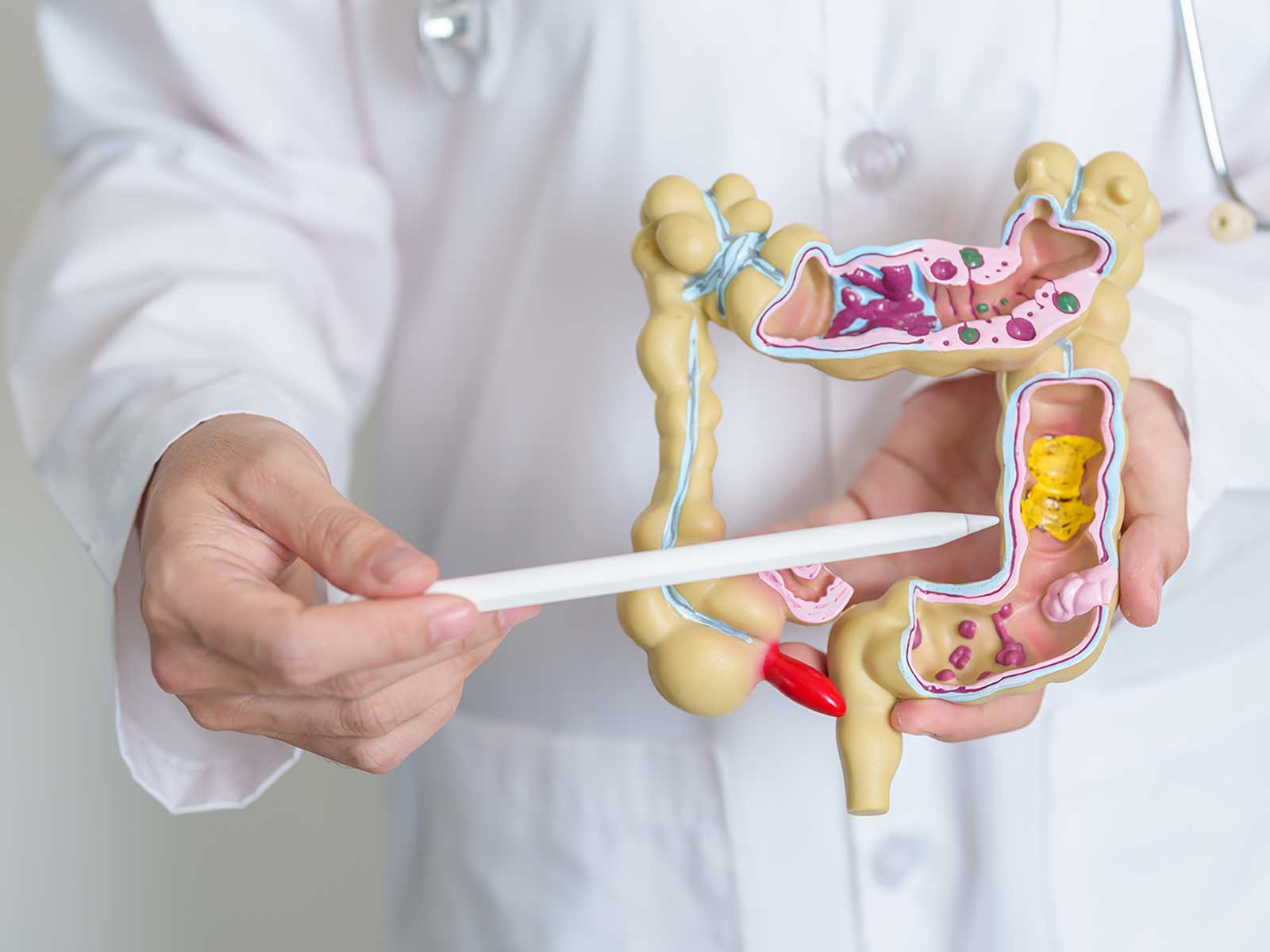Our group detects and removes tubular adenomas at early stages and helps to prevent colorectal cancer, and wellness.
Read More

Our group detects and removes tubular adenomas at early stages and helps to prevent colorectal cancer, and wellness.
Read More
Our clinic offers detection and minimal invasive resection of tubulovillous adenomas in the prevention of colorectal cancer.
Read More
Our intestinal ulcer service refers to the delivering of comprehensive assessment, advanced attention and care of the digestive relief.
Read More
The conditions that we provide in our group are specialized care of ulcerative colitis, personal treatment plan, professional management of symptoms and patient care.
Read More
Individual treatment and special assessment programs in order to be able to properly cope with the symptoms of ulcerative proctitis and improve quality.
Read More
Sufficient assessment of ulcers, and development of individual care plans, which involve ardent relief, healing care, and continuous care.
Read More
Our clinic can be of assistance in the evaluation and diagnosis, as well as provision of patients with unspecified jaundice with a specific treatment.
Read More
Receive individualized assistance, lifetime practices and mentoring on how to your weight loss goals in a safe and secure manner.
Read More
The care of the Wilson Disease, such as genetic, copper, individualized therapy, and assistance to the patient is prescribed.
Read MoreGastrointestinal (GI) conditions include acid reflux (GERD), irritable bowel syndrome (IBS), Crohn’s disease, ulcerative colitis, celiac disease, constipation, diarrhea, and more. Our specialists diagnose and treat a wide range of digestive disorders.
If you experience frequent symptoms such as bloating, abdominal pain, acid reflux, constipation, or diarrhea, it’s recommended to see a gastroenterologist for evaluation and diagnosis.
You should consult a gastroenterologist if you experience persistent digestive issues, blood in stool, unexplained weight loss, severe abdominal pain, or difficulty swallowing.
Common diagnostic procedures include endoscopy, colonoscopy, stool tests, breath tests, imaging scans (CT/MRI), and lab work to assess digestive function.
Some GI conditions, like Crohn’s disease, ulcerative colitis, and celiac disease, have genetic components, meaning they can run in families. However, environmental and lifestyle factors also play a role.
Maintaining a healthy diet, staying hydrated, exercising regularly, managing stress, and avoiding smoking and excessive alcohol consumption can help prevent digestive issues.